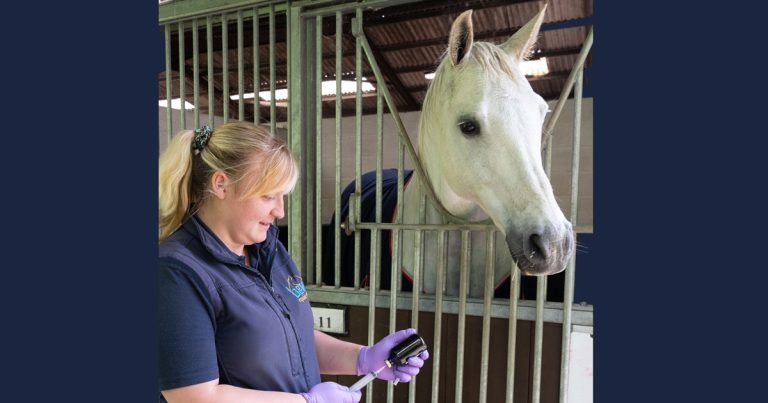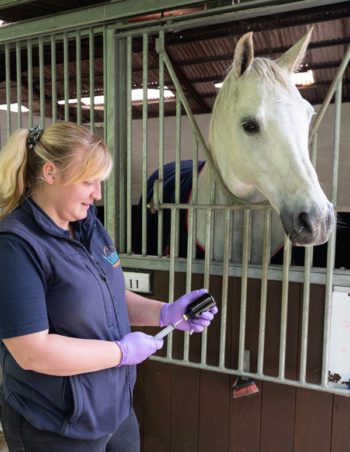21 Jun 2023
Full data from 22 practices on hundreds of cases shows what was prescribed and for which conditions, and will help inform group’s clinical audits and guidelines for antimicrobial use.

 CVS hopes a detailed audit of antimicrobial use in equine practices will help shape clinical guidelines for its vets of use in horses.
CVS hopes a detailed audit of antimicrobial use in equine practices will help shape clinical guidelines for its vets of use in horses.
The group’s equine division has been carrying out work on antimicrobial usage, first producing an audit last year, based on sales data, to record prescriptions in 11 of its 22 fist opinion practices.
A second audit, across all 22 practices, reveals what was used and for what in the 331 cases where systemic antimicrobials were prescribed. The data reveals the highest priority critically important antimicrobials – ceftiofur and enrofloxacin – were used in four horses.
Using a “point prevalence survey” popular in human health care, each practice’s quality improvement lead gathered information on one day a month for 12 consecutive months, ending in August last year.
The data also included age, breed, estimated weight of each horse, clinical indication, dose rates and route of administration.
Sulfadiazine/trimethoprim accounted for 41% of the total, followed by oxytetracycline (23%), procaine penicillin (16%), doxycycline (13%), gentamicin (4%), metronidazole (1%), ceftiofur (1%) and enrofloxacin (1%). The last two were prescribed for possible sepsis, skin infection, lower respiratory tract infection and a wound complication.
In total, complete first-line drug selection was available for 261 prescriptions, and clinical indications for antimicrobial use recorded in 246 cases. Cellulitis/lymphangitis was the most common indication (27% of cases), followed by uncomplicated wounds (19%), surgical prophylaxis (15%), respiratory infections (11%) and skin infections (8%).
Hattie Lawrence, director of CVS Equine, said: “We’ve had a major focus on antimicrobial stewardship for the past three years. Our repeated point prevalence surveys have been a hugely labour-intensive piece of work.
“They have required dedicated time from each of CVS equine’s quality improvement leads, since they required manual recording of data on a regular basis.
“Though the impact of this work is yet to be documented, there is anecdotal evidence that it has raised awareness among our veterinarians of the importance of antimicrobial stewardship. Taken together, the results of both pieces of work will be used to help develop and inform clinical audits and clinical guidelines of antimicrobial use in horses.”
CVS’ work to date meant it won highly commended in the RCVS Knowledge Antimicrobial Stewardship Award.